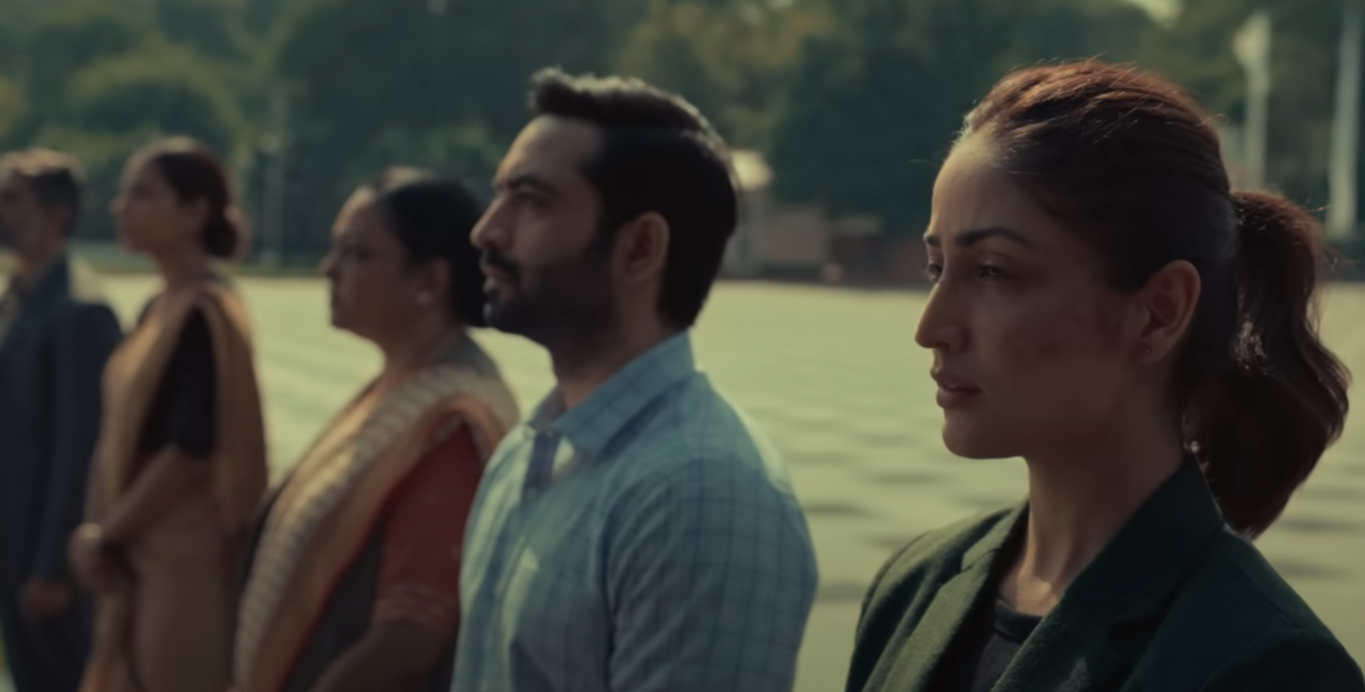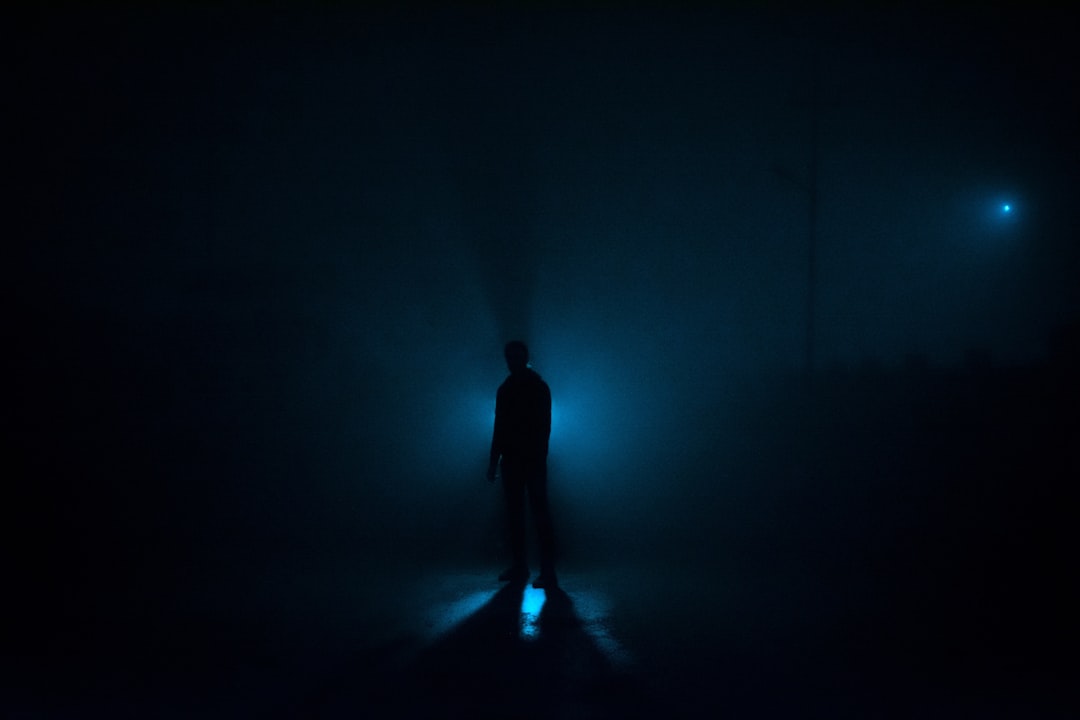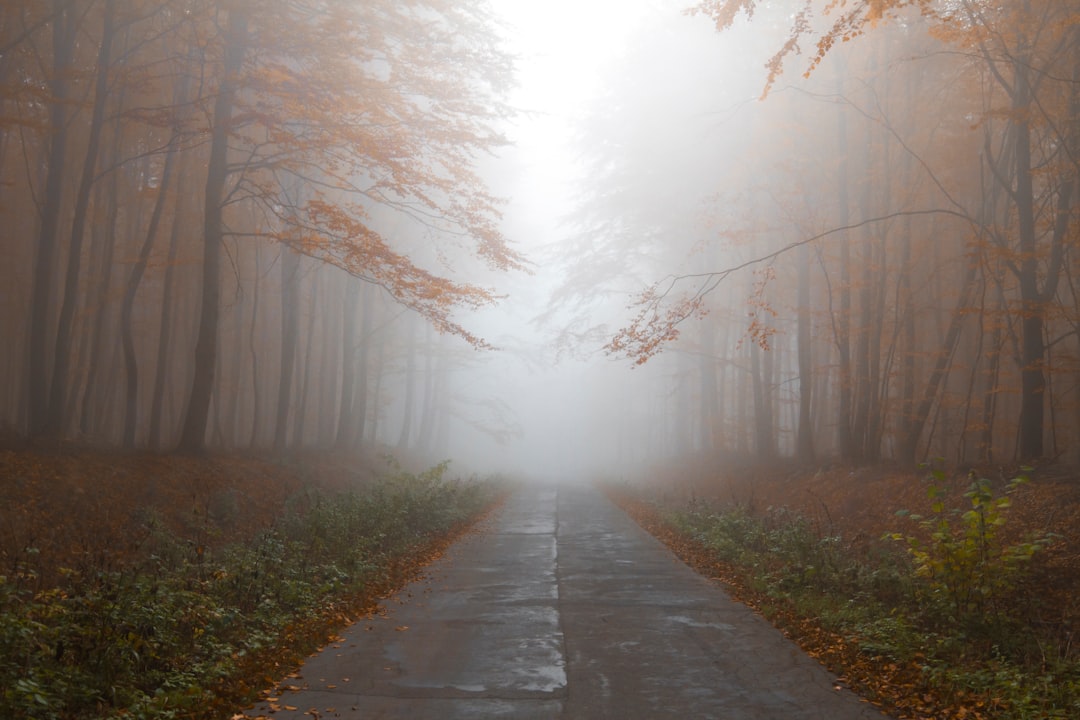When director Anil Sharma announced he was adapting the explosive events around the abrogation of Article 370 into a feature film, it was clear this would be no ordinary Bollywood outing. Article 370 movie has arrived amid a storm of controversy, but does it live up to the hype? Let’s delve into this gripping political thriller.
Buy Airtel Broadband with exciting benefits!
The Plot: Fact Meets Fiction
Article 370 chronicles the dramatic lead-up to the Indian government’s momentous decision to revoke the special status granted to Jammu and Kashmir under Article 370 of the Constitution. The film opens in the corridors of power in New Delhi, as top officials grapple with the complex political and security implications of the move.
Interestingly, director Anil Sharma weaves in a fictional storyline alongside real-life events. We follow Vikram (played by Anupam Kher), a senior intelligence officer tasked with assessing the ground situation in Kashmir. As Vikram navigates the state’s powder keg of separatism, military presence, and political intrigue, he finds his ideals and loyalties tested.
Stellar Performances Anchor Provocative Topic
One of the strengths of Article 370 is its ensemble cast. Anupam Kher delivers a nuanced performance as the conflicted Vikram, conveying both the steely resolve and inner turmoil of a man caught between duty and doubts. Equally impressive is Rajit Kapur as the Home Minister overseeing the move, exuding a calm authority even as he navigates fierce political headwinds.
The supporting cast also shines, particularly Prakash Belawadi as Vikram’s wily Kashmiri informant and Avantika Akerkar as a human rights activist. Their characters add welcome depth and alternative perspectives to the central conflict.
Cinematic Craft: Taut Thrills Amid Timely Themes
On a technical level, Article 370 is a slick production. Nirmal Sharma’s taut screenplay keeps the narrative moving at a brisk pace, building tension through well-crafted dialogues and plot twists. Cinematographer Ravi K. Chandran captures the stark beauty and unease of Kashmir with equal skill, from sweeping aerial shots of the valley to claustrophobic sequences inside bunkers and hideouts.
Thematically, the film grapples with weighty issues like nationalism, security, human rights, and the uneasy relationship between the Indian state and Kashmir. To its credit, Article 370 doesn’t shy away from depicting multiple viewpoints, even if the central narrative ultimately hews closer to the government’s stance.
Behind the Scenes: Controversies and Trivia
Even before its release, Article 370 was mired in controversy. Several political parties and activists criticized the film as propaganda, while others lauded it as a timely and unflinching look at a pivotal event. Director Anil Sharma has vigorously defended his vision, stating that the film aims to “inform and engage, not inflame”.
Interestingly, Article 370 was shot on location in Kashmir just months after the actual abrogation move. The crew had to navigate curfews, internet shutdowns, and security concerns throughout the shoot.
-
Some of the film’s most pivotal scenes were shot in the small village of Uri, the site of the 2016 military camp attack that heightened India-Pakistan tensions.
-
For certain sensitive scenes, real-life military and intelligence personnel were on set to guide the actors and ensure authenticity.
|
Five Facts About Article 370 Article 370 granted special autonomous status to Jammu and Kashmir in 1954. It exempted J&K from the Indian Constitution and allowed the state its laws. On 5 Aug 2019, Article 370 was abrogated and J&K split into two union territories. The move fulfilled a key BJP poll promise but sparked legal & political challenges. The Article 370 movie was shot in real Kashmir locations under curfew conditions. |
Thrilling and Thought-Provoking
Article 370 movie is a gripping, well-crafted political thriller that doesn’t pull its punches. While it may not be a fully objective take on a deeply polarizing issue, it succeeds in dramatizing recent history and sparking important conversations.
For viewers keen on understanding the complexities of the Kashmir conflict, Article 370 is an engaging, if occasionally uncomfortable watch. Backed by powerful performances and taut direction, it offers a close-up view of a defining moment in India’s political trajectory.
In an era of high-decibel news debates and social media wars, Article 370 provides a comparatively nuanced take on a hot-button topic. Whether you agree with its politics or not, the film is a timely addition to the growing canon of Indian political cinema. For the full theatre-like experience, catch Article 370 at home on the big screen with Airtel Broadband’s superfast streaming.
FAQs
1. Is Article 370, a movie based on real events?
Yes, the film is a dramatized account of the events leading up to the abrogation of Article 370 and the revocation of Jammu and Kashmir’s special status in August 2019.
2. Who are the main actors in the Article 370 movie?
The ensemble cast is led by Anupam Kher as an intelligence officer and Rajit Kapur as the Home Minister. Other key roles are played by Prakash Belawadi and Avantika Akerkar.
3. Where was the Article 370 film shot?
The movie was primarily shot on location in Kashmir, including in sensitive areas like Uri, just months after the actual Article 370 abrogation. The crew faced several logistical and security challenges.
4. Is Article 370 an objective account of the events?
While the film tries to depict multiple perspectives, some critics argue it leans more towards the government’s viewpoint. It’s best seen as a dramatized rather than strictly factual retelling.
5. Is Article 370 worth watching?
For those interested in understanding the Kashmir issue and India’s contemporary political history, Article 370 offers an engaging, thought-provoking watch with strong performances and taut storytelling. However, it’s best approached with an awareness of its subjective stance.



